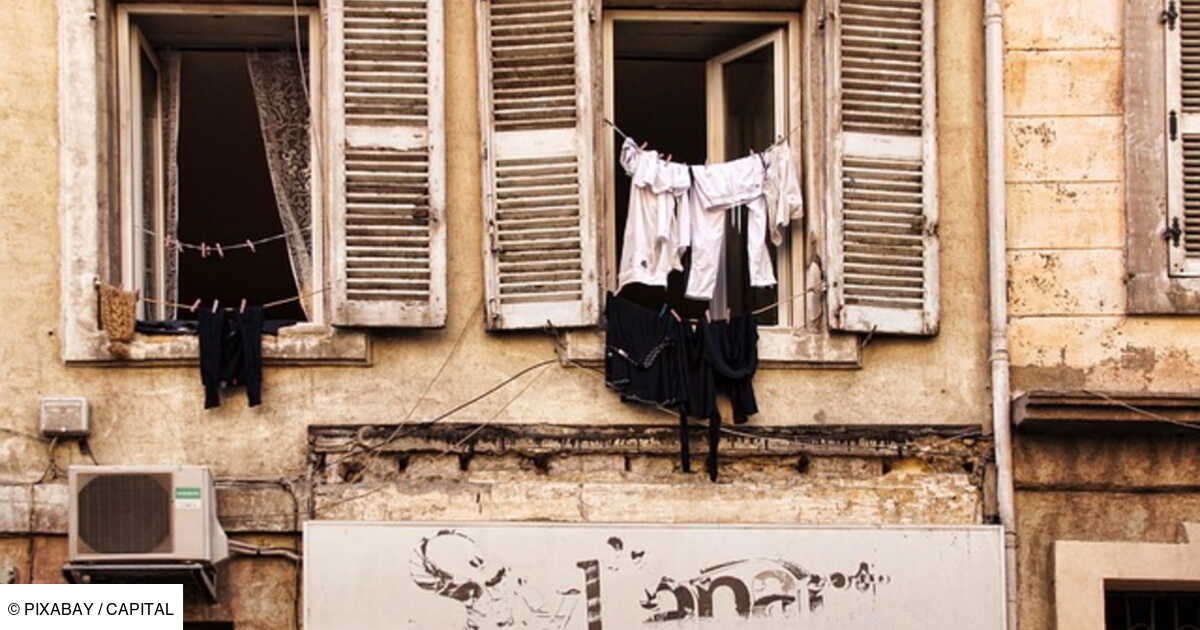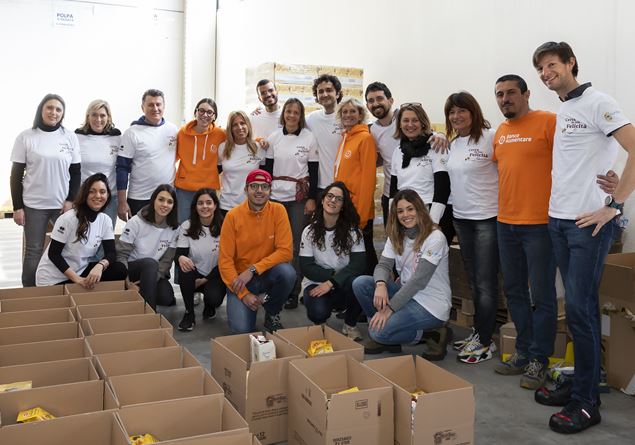
Contrary to popular belief, working remains more advantageous than living on public assistance. The activity bonus, in particular, is not limited to encouraging a return to employment: it also allows low-income workers to make a decent living from their activity.
© Freepik / KrakenImages
-
To safeguard
Saved
Receive alerts Family allowances
Some preconceived ideas die hard. According to a survey published on November 26 by Unédicalmost half of French people (47%) believe that unemployment benefit rights are too long. And there are still many (32%) who see the unemployed as “assisted“. But this view is slowly changing: this figure, although high, has fallen by three points since last year. However, the idea that we could live better thanks to state aid than by working remains anchored. So, is this perception justified?
First essential clarification: your unemployment benefits cannot exceed your previous salary. The Labor Code (article L5422-3) is clear: the Return to Employment Allowance (ARE) represents between 57% and 75% of your gross salary, depending on your profile. The higher your salary, the lower the percentage. Clearly, if you received 2,000 euros net per month, your ARE will be 1,500 euros per month, at most. To see things more clearly, France Travail (formerly Pôle emploi) has set up a simulator which allows you to know precisely the ARE to which you are entitled.
“Fraudsters, assisted”… the French still very critical of the unemployed
Note that in reality, the average amount of allowances paid is much lower. According to Unédic, job seekers receiving ARE receive on average 1,033 euros net per month. Not enough to compete with a full-time salary, even at minimum wage. But not everyone has access to this safety net. Of the 6.2 million job seekers registered with France Travail, they are “only” 2.7 million to receive the ARE. Others are not entitled to it, either because they do not fulfill the criteria (insufficient period worked to obtain the ARE, non-compliance with the job search obligation), or because they are in training or in sick leave.
RSA beneficiaries are below the poverty line
But “unemployment insurance is not the only help available,” you will say. And you would be right! So, all social benefits combined, can we exceed an employee’s income? Not really, judging by the work of Guillaume Allègre* and Muriel Pucci**. For Economic alternativesthe two researchers from the French Observatory of Economic Conditions (OFCE) did the accounts. Let’s take a concrete example: a single person, tenant, without children, and without earned income. She perceives 559 euros of Active Solidarity Income (RSA), supplemented by 292 euros housing allowance (APL). At the end of the month, his income of 851 euros remains below the extreme poverty threshold – set at 873 euros per month according to INSEE – despite these two shields. If RSA beneficiaries were counting on this amount to live comfortably, it would be almost mission impossible.
Especially sincea report from the Directorate of Research, Studies, Evaluation and Statistics (Drees) published in 2022 estimates the rate of non-recourse to RSA at 34% per quarter. Clearly, more than a third of eligible people do not request it. Either by lack of informationeither because of procedures considered too complex.
Unemployment insurance: this little-known system allows you to receive compensation after resignation
The activity bonus to live with dignity from your job
On paper, these people would therefore have every interest in finding a job. But is the game really worth it? The answer is yes, if we are to believe the two researchers. In particular thanks to the activity bonusthis allowance paid to low-income workers aged at least 18 with the aim of encouraging them to find employment. The measure seems to be bearing fruit : a person working full-time at the minimum wage, or 1,425 euros net per month, thus benefits from additional income of 258 euros thanks to the activity bonus. As a result, his monthly income reaches 1,683 euros net per month. The observation is the same if the worker decides to only work part-time:
“Even with a half-time minimum wage, we earn more by working than by receiving RSA and housing assistance.”
In his annual overview of social minimums published in October 2024Drees is of the same opinion: “Whatever the family composition, disposable income increases with salary and it is higher with a minimum wage than without salary.” All this, therefore, thanks to the famous activity bonus, a real shield against precariousness: “In the current system, work is more remunerative than assistance, because the activity bonus compensates for the low level of the minimum wage”support the two economists. Far from encouraging idleness, social benefits seem above all to be protective devices. As for those who work, they continue to be the best rewarded, at least on the pay slip.
“With 530 euros per month we cannot live decently or with dignity”: Véronique, an unemployed 60-year-old, testifies
*Guillaume Allègre is an economist in the studies department of the French Observatory of Economic Conditions (OCFE)
** Muriel Pucci is a lecturer at the University of Paris 1 Panthéon-Sorbonne and an associate researcher at the French Observatory of Economic Conditions (OCFE)
Receive our latest news
Every week, the key articles to accompany your personal finance.







